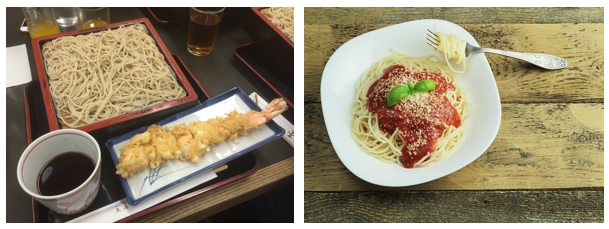21st Century Challenge: Unlearning Competition
As soon as we enter school, we are graded for our individual achievements and know who is first in class. Once we leave school and enter the work force, we are evaluated based on our individual performance and celebrate the employee of the month. Our lives center around the paradigm of competition. Yet competition appears to be no longer effective in addressing the most difficult issues facing humanity: ending poverty, protecting our planet and ensuring prosperity for all. There is a need for people and organizations to learn new attitudes and skills. Yet schools, the institutions where most people start formal learning, continue to operate under the old paradigm. This is how most people are brought up and learn to advance: in a system where competition is valued over collaboration. These behaviors are typically transferred directly from schools into organizations, companies and other systems we create. Yet, we increasingly recognize that what is needed in the 21st century is collaboration across boundaries. Or in the words of French President François Hollande at the opening of COP21:
“Our biggest challenge is to move from a globalization model based on competition to one based on cooperation where it will be more profitable to preserve than destroy.
So what does it take to move from competition to collaboration? The first step is to unlearn old habits which are no longer useful. In my recent travel to Japan, I was reminded of what it means to unlearn in a very visual way: Like many “Westerners”, I was brought up to eat without making any sound or noise. In Japan, however, making noise when eating soba noodles is expected. So having several decades of experience not making noise when eating, I had to overcome important lessons I learned at home (and school) about “proper” behavior. I unlearned the habit of being silent while eating and learning to do the contrary to be polite: eating my soba with a slurp of pleasure.
Letting go of old habits, going from individual change to that of entire systems that unlearn competition in favor of collaboration is daunting. And maybe that’s why the first step does not lie in finding answers but in first asking questions. Questions that help us and the systems around us think and act in new, collaborative ways:
- What if schools started rewarding collaboration over individual achievements? What would that look like?
- And what if companies and organizations started rewarding collaboration over individual achievements? What would be the impact of such a change?
So imagine e.g. if you change your behavior and start sharing your successes with others. Or imagine if you had the courage to stand up and take responsibility for something that did not go as planned. Can you see how you start transforming your work place? If so, ecloo will support you in this change that will impact not only your organizational culture but the environment around you.
ecloo and Future Sessions (www.futuresessions.com) in Japan have started exploring those questions in a kick off event in October through a program that invites people and organizations from all sectors to come together and learn to collaborate. In our program, eating soba is just the beginning of that collaborative journey. What are your ideas to advance the journey?

